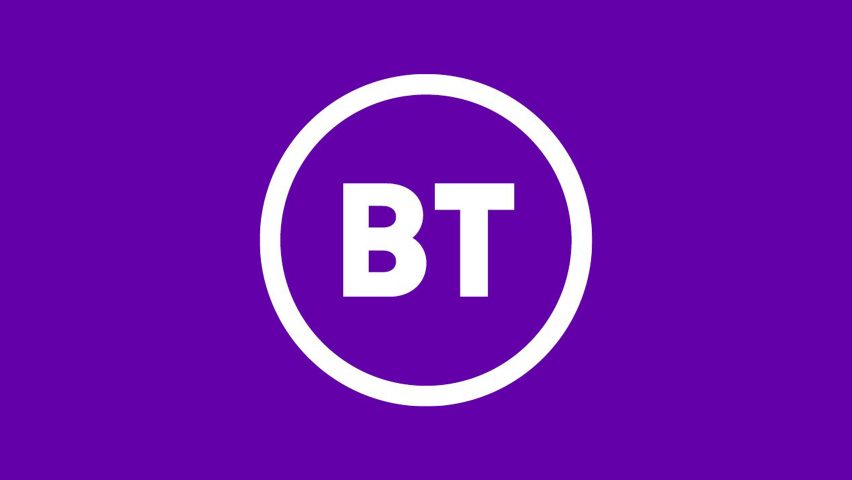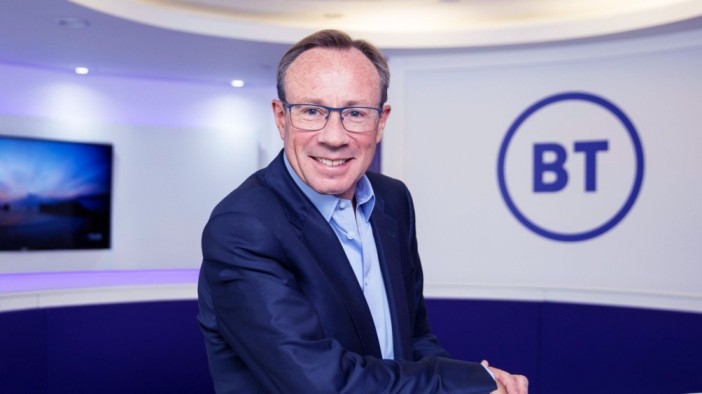The BT Group: The UK’s Largest Telecom Company.
When talking about telecom, BT is a company that has an as old history as the telecom industry. The company is the major telecommunication provider in the UK, and it has come from the era of the telegraph to providing all digital services from fixed-line telephone and mobile service to broadband and Wi-Fi services.
A Brief Introduction
BT Group operates with the trading name BT or British Telecom and is one of the largest telecommunication companies in the UK. BT is the largest consumer fixed-line voice and broadband services provider, largest mobile network operator, and one of the leading Sports Pay-TV broadcasters in the UK. The company is also into selling and supplying wholesale products and services to worldwide communications providers. BT also provides security, cloud, and networking services to its clients and has a global reach with its operating offices in 180 countries across the world.

The Founding Story of BT Group
Before becoming BT Group, it was a government-owned telephone department. During the time Telegraph was introduced for the very first time, five major companies were operating as the telegraph service provider in the UK. But later, in 1868 with the Telegraph Act 1868, GPO (General Post Office) got control over the telegraph service department and launched the Postal Telegraphs Department for the same. In 1876, the telephone came into being, and GPO started to run the telephone service at some of its telegraph exchanges.
With the growth of the telegraph and telephone industry, GPO in 1969 became a separate nationalized government department with the name Post office and Post Office Telecommunications (telegraph and telephone service) became a distinct division of the same.
In 1981, the British Telecommunications Act 1981 was passed, and Post Office Telecommunications was rebranded as British Telecom. British Telecom was a government entity but was no longer a division of the Post Office. The very next year, the government announced that it will be selling its shares to the public, and in 1984, the company became a public limited company, listing in London, New York, and Toronto. By 1991, the government sold all its shares in the company, and it started to trade as BT.
BT partnered with the Electricity Supply Board of Ireland to form a joint venture named Ocean and enter the Irish telecommunications market in 1990. In 1999, BT acquired all the shares in Ocean. In June 1994, BT collaborated with MCI Communications for another joint venture, called Concert plc., worth $1 billion, to provide services to multinational corporations. But in 1998, BT sold its shares in MCI to Worldcom and acquired all the shares of Concert plc in reverse.
In 2004, BT got a contract from English National Health Service (NHS) to manage a broadband network named N3 for NHS National Programme for IT. BT also launched BT Home Hub and introduced its new Internet Protocol (IP) based 21st-century network (21CN) in 2006. On 1 April 2009, BT launched the BT Engage IT.
The company, in March 2013, paid a sum of £201.5m to purchase its first 4G spectrum. It also launched a TV channel with the name BT sport, through a package of broadcast rights for the Premier League, in the same year. The company introduced the central business services (CBS) in 2014 for providing better customer service to its consumers, and in 2015, it came up with BT Mobile’s 4G services.
BT is one of the largest telecom companies operating in the UK. As of 2020, 105,300 are working for the company, and the recorded revenue earned by the company for the same year was £22.905 billion.
Acquisitions
To enter the North American telecom market, BT partnered with the leading telecom company in America AT&T, in 1998. In 2000, the company made some big acquisitions in Ireland, including Ireland On Line and Esat Telecom Group plc. Later, Esat Telecom was merged into Ocean and become part of BT Ignite. It was then renamed BT Ireland in April 2005.
In the years 2005 and 2006, the company went on to acquire other telecom and internet companies, including Infonet, an Italian company Albacom, Radianz, and online electrical retailer Dabs.com.
In 2007 and 2008, BT made some more acquisitions, like it acquired the PlusNet plc., International Network Services Inc., Wire One Communications, and Ufindus, Ribbit. BT also acquired ESPN Inc.’s UK and Ireland TV in 2013, which helped the company to grow in the field of broadcasting. In January 2015, the company completed its deal to acquire EE.
The CEO

Philip Jansen is a British businessman who is serving as the CEO, BT Group. He started his tenure as the CEO from 1 February 2019 and succeeded Gavin Patterson. Before BT, he was the CEO of Brakes Group.

Yashica is a Software Engineer turned Content Writer, who loves to write on social causes and expertise in writing technical stuff. She loves to watch movies and explore new places. She believes that you need to live once before you die. So experimenting with her life and career choices, she is trying to live her life to the fullest.